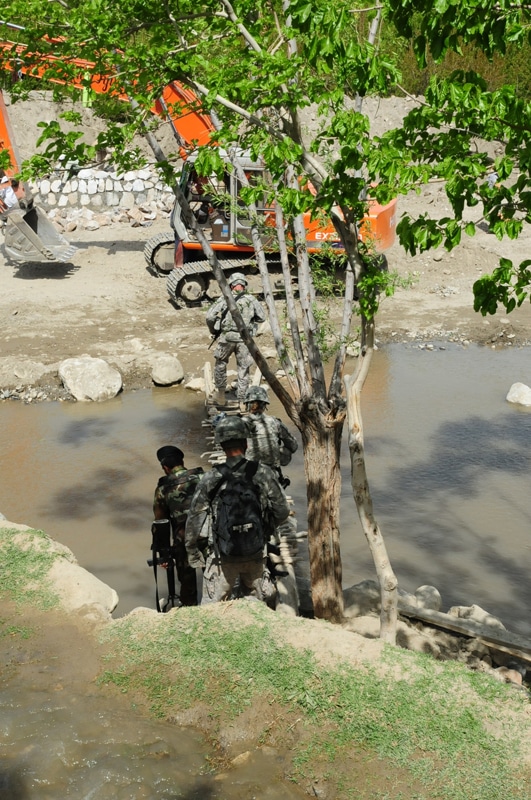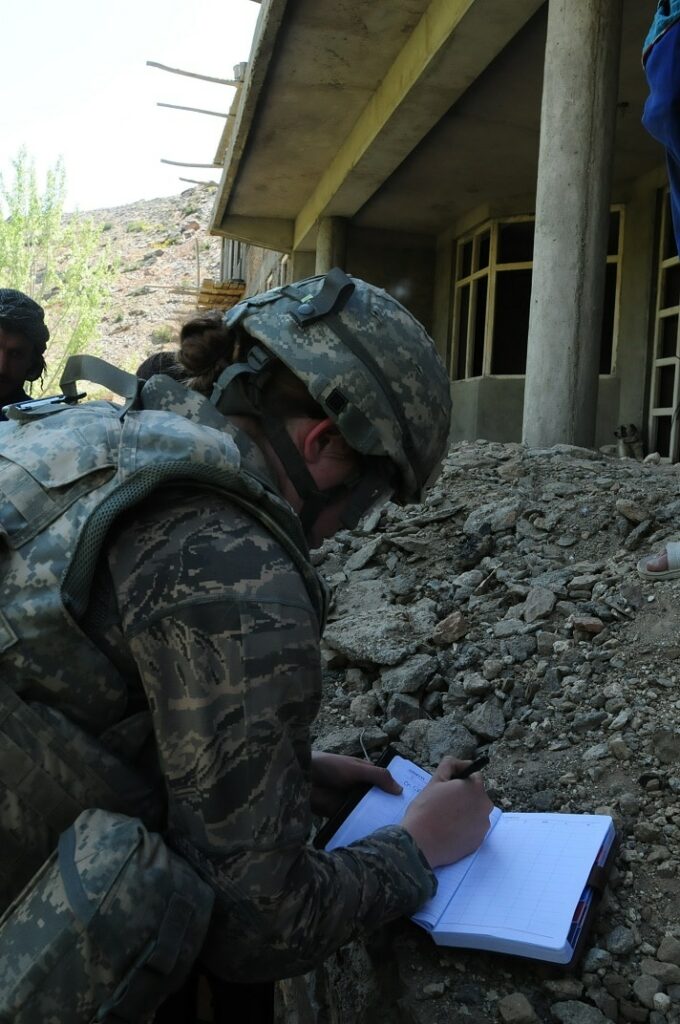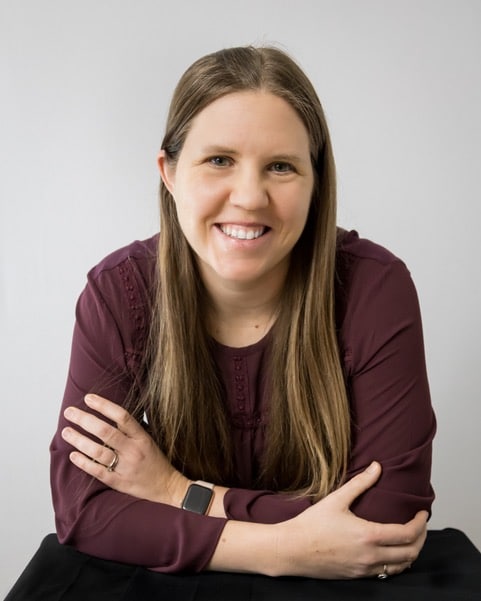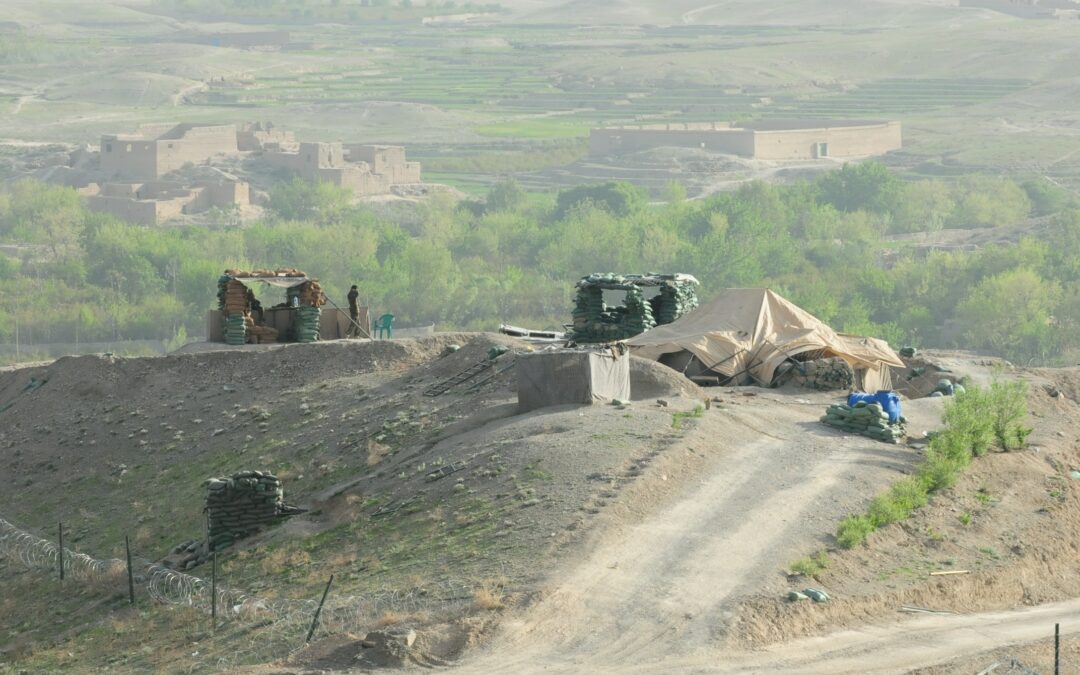Guest Blogger
In 2009, I found out I would be headed to Afghanistan to be part of a Provincial Reconstruction Team. I spent months learning about the Afghan culture, history, and language of the people, along with military tactics to prepare myself and my team for the countless convoys we would head out on. We finally arrived in Afghanistan in early 2010. Our team took all the training we needed to complete our nine-month mission and help win the hearts and minds of the Afghan people, at least in theory.
Despite our mission to win hearts and minds, our team had a lot of rules and regulations about what we could do to help the people in our Province, Kapisa. It was made up of mainly rural farmers and homes often consisting of mud huts or makeshift shelters. What did we do? We had to contract with locals to build giant two-story school houses, government buildings and roads — all to the standards set by the Capital in Kabul. Often times, our team struggled with what we thought would be best for the local communities we worked with and what higher-up leadership — both American and Afghan — mandated for us to do.
There was a disconnect.
I have talked to enough Veterans who served in Afghanistan to know that my unit was not the only unit who saw this disconnect between what was happening and what was needed on the ground. Our hands were often tied by choices that came down from higher levels, leaving us between a rock and a hard place.

Maybe that is why watching the recent United States military forces leave Afghanistan and the quick collapse that followed was so hard. Ten years ago, when I was in Afghanistan, I never expected us to leave, at least not entirely. I always envisioned the U.S. having a foothold in Afghanistan to help support the Afghan people.
So, when our troops left abruptly and intelligence reports anticipated a collapse within months, which instead happened within days, I felt that same feeling of disconnect that I struggled with while I was in Afghanistan.
The saving grace I found through watching everything unfold was the therapy I was in the middle of through Cohen Veterans Network. Eleven years after going to Afghanistan, I finally reached out for help. And I almost let the time between my deployment and the challenges I still faced from taking the step to get help. I almost allowed the excuse of time to be the reason I did not reach out and get the help I desperately needed. Even more than I realized.
But I’d had one major panic attack within the last two years and I knew I needed to find a way to find healing and peace — a way to cope with everything that I had experienced — even if I did not realize what was coming when I began this process back in May.
My weekly therapy sessions, along with the tools I learned each week, were the anchors I needed to get through the emotional challenges I faced in the weeks surrounding the collapse of Kabul. If you, too, are struggling or if you know that your spouse is struggling, encourage them to reach out and get help. It is not too late to deal with the emotions. For a long time, I felt stuck and now have hope as I have seen such positive changes in my own life.
You can reach out to the VA for help or find a Veteran Organization that can help. A quick Google search can help you find what is available for Veterans in your area.
Remember that the sacrifices you made during your deployment matter. The sacrifice your family made matters. And if you lost friends or family during the twenty-year conflict, those sacrifices matter, too. As military members, we swear to support the Constitution and willingly going to unsafe places to protect freedom. It is hard to put into words how to end this reflection on my time there. Weeks after the withdrawal, the pain and hurt are still there. It’s less intense, but still something being processed. For me, I’m staying focused on what I learned about myself in Afghanistan and how the lives of some of the people I worked with were changed for the better as they start their new life in America today.


Amanda is a military Veteran who served in the Air Force for six years as a Civil Engineer who served on a combat deployment with the Army in Afghanistan. She traded in her combat boots for a diaper bag to stay home with her two boys and follow her husband’s military career in the Space Force. Amanda is the host of the Women of the Military podcast. There she shares the stories of women who have served or are serving in the military. The podcast has over 200 episodes and over 100K downloads. Amanda is also an author and has published two books. Her first book, Women of the Military tells the stories of 28 military women who served in the military. Her second book, A Girl’s Guide to Military Service, is the IBPA Benjamin Franklin Gold Winner for Teen Non Fiction. It is a guide for high school girls considering military service to help them build a strong foundation for their future career. She also works as a freelance writer and has been featured in a number of military publications including The War Horse, Military.com, Military Families Magazine, Clearance Jobs, Military Spouse Magazine, and more.
Ways to Support Veterans in Need
Solutions for Your Military Family:
Life Insurance, Wealth Management, Home Mortgages, Survivor Services, and more. Learn more about AAFMAA.



